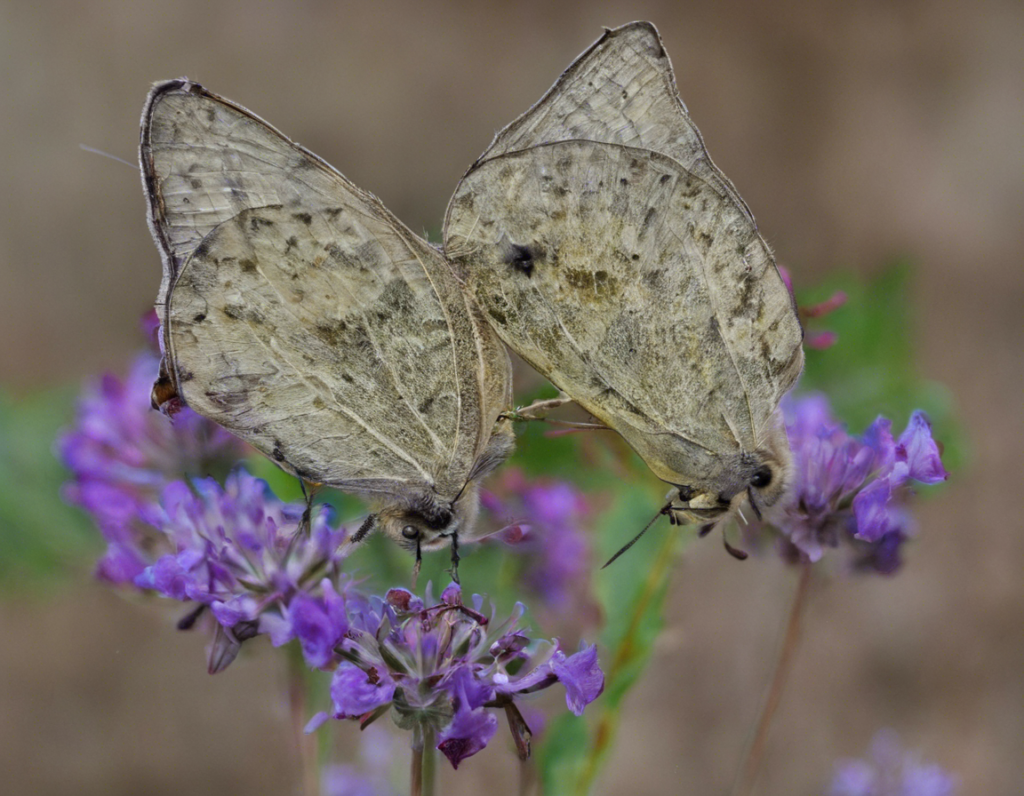Nature has always held a sense of intrigue and wonder for humankind. From the vast oceans to the towering mountains, from the lush forests to the barren deserts, the natural world is a treasure trove of beauty and mysteries waiting to be explored. In our fast-paced modern lives, it is often easy to overlook the wonders that surround us. However, taking the time to immerse ourselves in nature can be a transformative experience, allowing us to connect with the world around us and gain a greater appreciation for its intricacies.
The Healing Power of Nature
In today’s hectic world, many people are turning to nature as a source of solace and healing. Studies have shown that spending time in nature can have a myriad of benefits for both our physical and mental well-being. The practice of “forest bathing,” or spending time in a forest setting, has been shown to reduce stress levels, lower blood pressure, and boost the immune system. The sights, sounds, and smells of the natural world have a calming effect on our minds, helping us to relax and recharge.
Biodiversity and Ecosystems
One of the most awe-inspiring aspects of nature is its incredible biodiversity. Biodiversity refers to the variety and variability of living organisms in a specific habitat. From the smallest insects to the largest mammals, each species plays a vital role in its ecosystem. Ecosystems are complex networks of plants, animals, and microorganisms that interact with each other and their environment. These interactions are delicate and intricate, and any disruption can have far-reaching consequences.
The Majesty of the Natural World
From the breathtaking beauty of a sunrise over the Grand Canyon to the gentle rustling of leaves in a quiet forest, nature’s beauty is truly unparalleled. The majesty of the natural world can inspire awe and wonder in even the most jaded of hearts. Whether it’s the vibrant colors of a coral reef or the silent grace of a snow-capped mountain, nature’s wonders are a sight to behold.
Conservation and Sustainability
As we come to appreciate the wonders of nature, it becomes clear that we have a responsibility to protect and preserve them for future generations. Conservation efforts are crucial in ensuring that fragile ecosystems and endangered species are safeguarded. Sustainable practices, such as responsible tourism and eco-friendly agriculture, are essential in minimizing our impact on the environment. By working together to protect our planet, we can ensure that its wonders will continue to inspire and delight for years to come.
The Connection Between Nature and Human Well-being
Our connection to nature runs deep, ingrained in our very DNA. For centuries, humans have lived in harmony with the natural world, drawing sustenance and inspiration from its abundance. However, as we have become increasingly urbanized, many of us have lost touch with this connection. Reconnecting with nature can have profound effects on our well-being, helping to reduce stress, increase mindfulness, and foster a sense of gratitude.
Cultivating a Sense of Wonder
In our daily lives, it’s easy to get caught up in the minutiae and lose sight of the bigger picture. By immersing ourselves in nature, we can cultivate a sense of wonder and appreciation for the world around us. Whether it’s marveling at a star-filled sky or watching a butterfly flit from flower to flower, there are countless opportunities to be amazed by the beauty of nature. Taking the time to slow down and observe the world with fresh eyes can bring a sense of peace and joy that is often missing from our busy lives.
Exploring Nature’s Wonders
The natural world is a vast and varied place, filled with wonders waiting to be discovered. Whether you’re drawn to the dense jungles of the Amazon, the icy wilderness of Antarctica, or the vibrant coral reefs of the Great Barrier Reef, there is something for everyone to marvel at. Exploring nature’s wonders can be a transformative experience, opening our eyes to the beauty and complexity of the world we live in.
Frequently Asked Questions (FAQs)
-
Why is it important to spend time in nature?
Spending time in nature has been shown to have numerous health benefits, including reducing stress, lowering blood pressure, and boosting the immune system. It also allows us to reconnect with the natural world and gain a greater appreciation for its beauty. -
What is biodiversity and why is it important?
Biodiversity refers to the variety of living organisms in a specific habitat. It is important because each species plays a vital role in its ecosystem, and a loss of biodiversity can have far-reaching consequences for the environment. -
How can I contribute to conservation efforts?
You can contribute to conservation efforts by supporting organizations that work to protect the environment, reducing your carbon footprint, practicing sustainable living, and advocating for policies that promote conservation. -
What are some ways to reconnect with nature in daily life?
Some ways to reconnect with nature in daily life include going for walks in green spaces, spending time in local parks, gardening, birdwatching, and practicing mindfulness outdoors. -
What role does nature play in human well-being?
Nature plays a crucial role in human well-being by reducing stress, increasing mindfulness, fostering a sense of gratitude, and promoting physical health. Reconnecting with nature can have profound effects on our overall well-being. -
How can I cultivate a sense of wonder in everyday life?
Cultivating a sense of wonder in everyday life can be as simple as taking the time to appreciate the beauty of a sunset, listening to the sounds of nature, or observing the changing seasons. By slowing down and being present in the moment, we can find wonder in the world around us.
